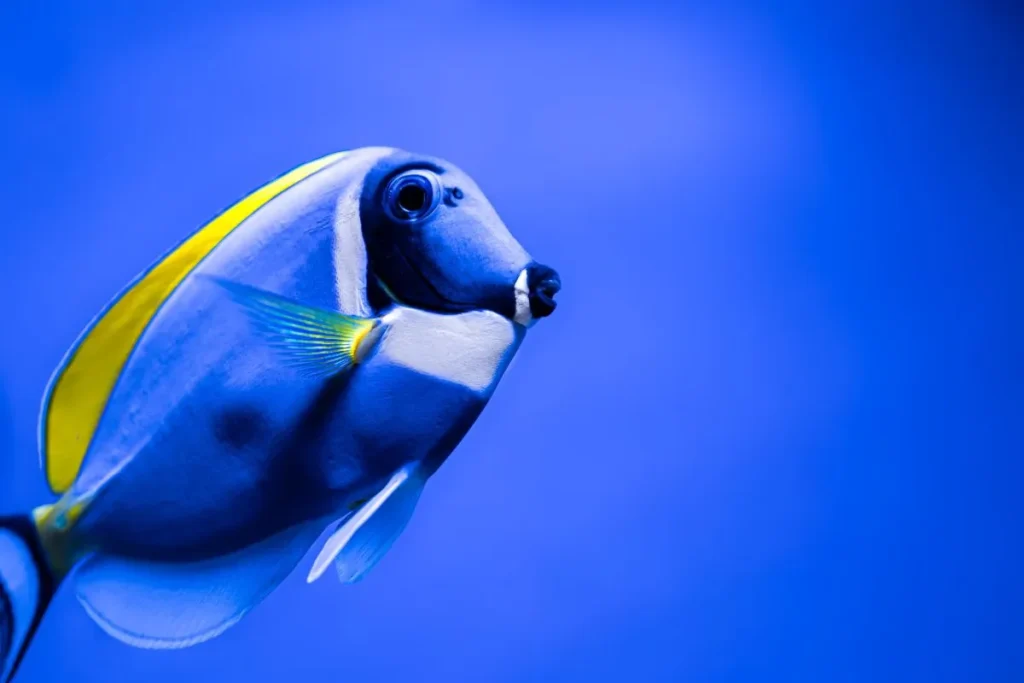Table of Contents
Introduction
Raccoons are undeniably fascinating animals, with their distinctive markings, dexterous paws, and curious personalities. Although primarily wild, these clever creatures are increasingly popular as exotic pets. However, keeping a raccoon as a pet is no small commitment—it involves considerable time, resources, and effort. This guide explores both the pros and cons of raccoon ownership, offering insights for those considering adopting one of these unique animals.
The Pros of Owning a Raccoon as a Pet
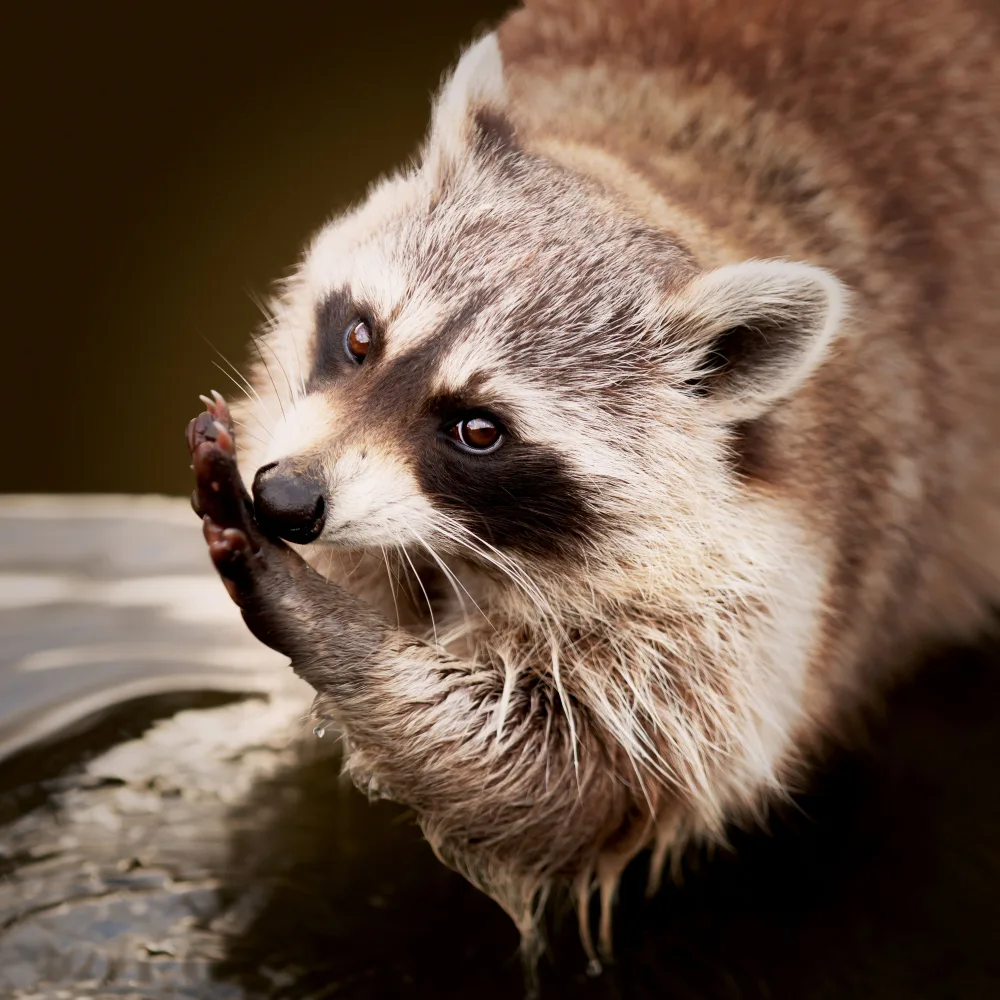
1. Intelligent and Curious Nature
Raccoons are among the most intelligent animals in the wild. Their inquisitive nature and problem-solving skills make them highly interactive pets. They often engage in complex behaviours to explore their environment, which can be entertaining and even impressive for an owner to witness. Unlike cats or dogs, raccoons require consistent stimulation, and they enjoy playing with toys that challenge their intelligence. Owners can spend hours teaching them tricks or simply watching them solve puzzles, providing a unique pet experience that goes beyond the typical.
2. Entertaining and Playful Companions
Raccoons have a playful nature, often engaging in antics that can make owners laugh. Their habit of using their front paws to handle objects gives them an almost “human-like” quality, especially when they wash or play with objects. These behaviours make them incredibly endearing and amusing to watch. Raccoons often turn everyday activities, like exploring the yard or playing with a water bowl, into a source of joy for themselves and onlookers alike. For those who seek a pet with a sense of humour, raccoons can be highly rewarding.
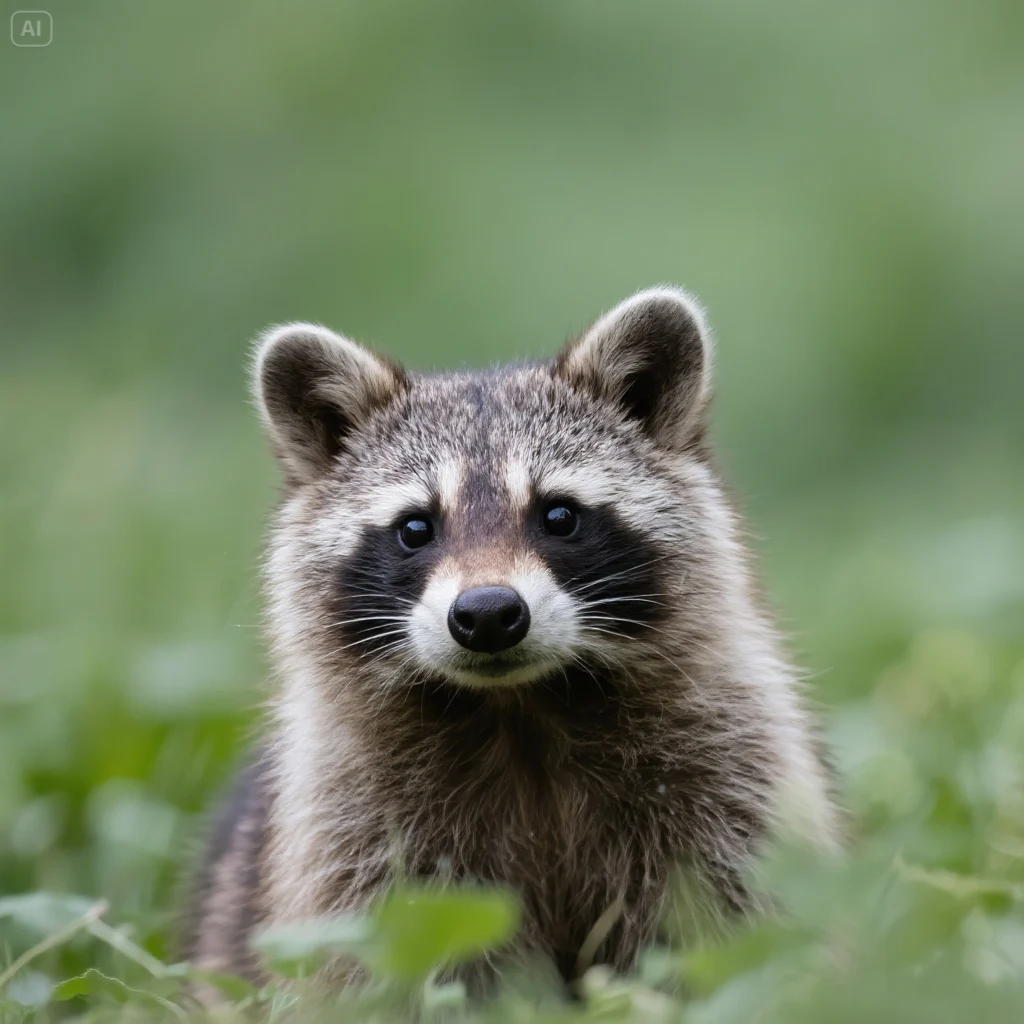
3. Unique Bond with Owners
Raccoons, like many animals, can form deep connections with their owners, especially when raised from a young age. While they may not display affection in the same ways as dogs, they can become very attached to familiar people, often greeting them with excitement. This strong bond can be fulfilling for owners who invest time and energy into building trust and rapport. Some raccoons might even seek out cuddles or follow their owners around, making them feel loved and appreciated by a typically aloof species.
4. Exotic and Uncommon
Owning a racco brings a level of uniqueness that few other pets can match. For people fascinated by the wild side of nature, a racco offers a way to experience that up close. With their exotic appeal, raccoons are conversation starters, and they offer pet owners an unusual experience that differs from traditional pets. They provide an opportunity to learn about wildlife behaviour and gain insight into how wild animals can interact with humans.
5. Can Be Trained for Simple Tasks
Due to their intelligence, raccoons can be trained for simple tasks and commands. Many raccoons can learn to respond to their names, come when called, or perform basic tricks. Positive reinforcement with treats can be an effective way to train them, although patience is essential. Training strengthens the bond between the racco and the owner and helps ensure safety and manageability in the household.
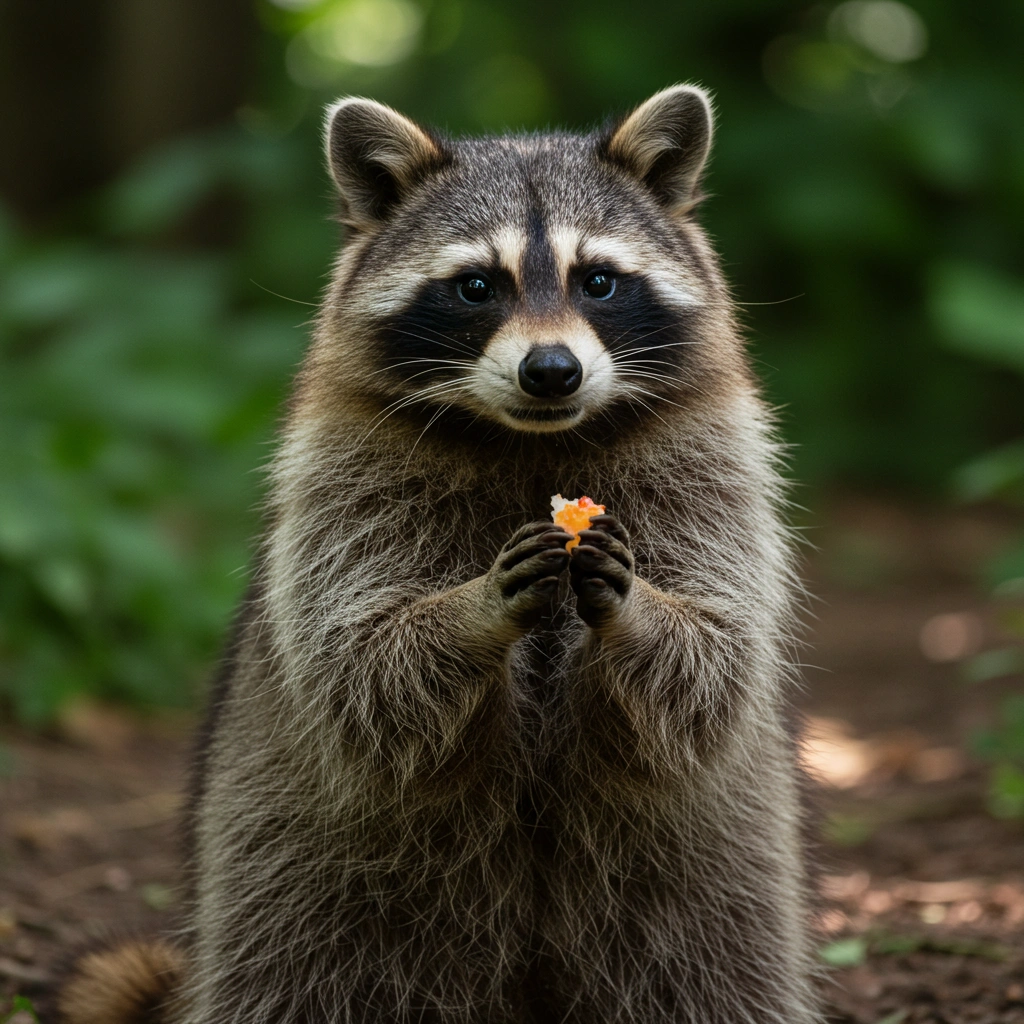
The Cons of Owning a Raccoon as a Pet
6. Complex Care Needs
Raccoons have complex needs that differ significantly from those of common household pets. To stay healthy, they require a well-balanced diet of fruits, vegetables, proteins, and fats. Additionally, they need plenty of space and environmental enrichment to remain physically and mentally stimulated. They may become stressed, bored, or even develop health issues without proper care. Providing an ideal environment requires a strong commitment and an understanding of raccoon-specific needs.
7. Legal and Permit Challenges
One of the primary obstacles to racco ownership is legal restrictions. In many places, raccoons are considered wild animals and are illegal to keep as pets without a special permit. Laws vary widely, and even within regions that allow raccoon ownership, strict regulations may apply. Failure to comply with these laws can lead to hefty fines, confiscation of the racco, or legal repercussions. Prospective owners should thoroughly research local and state regulations before considering a racco as a pet.
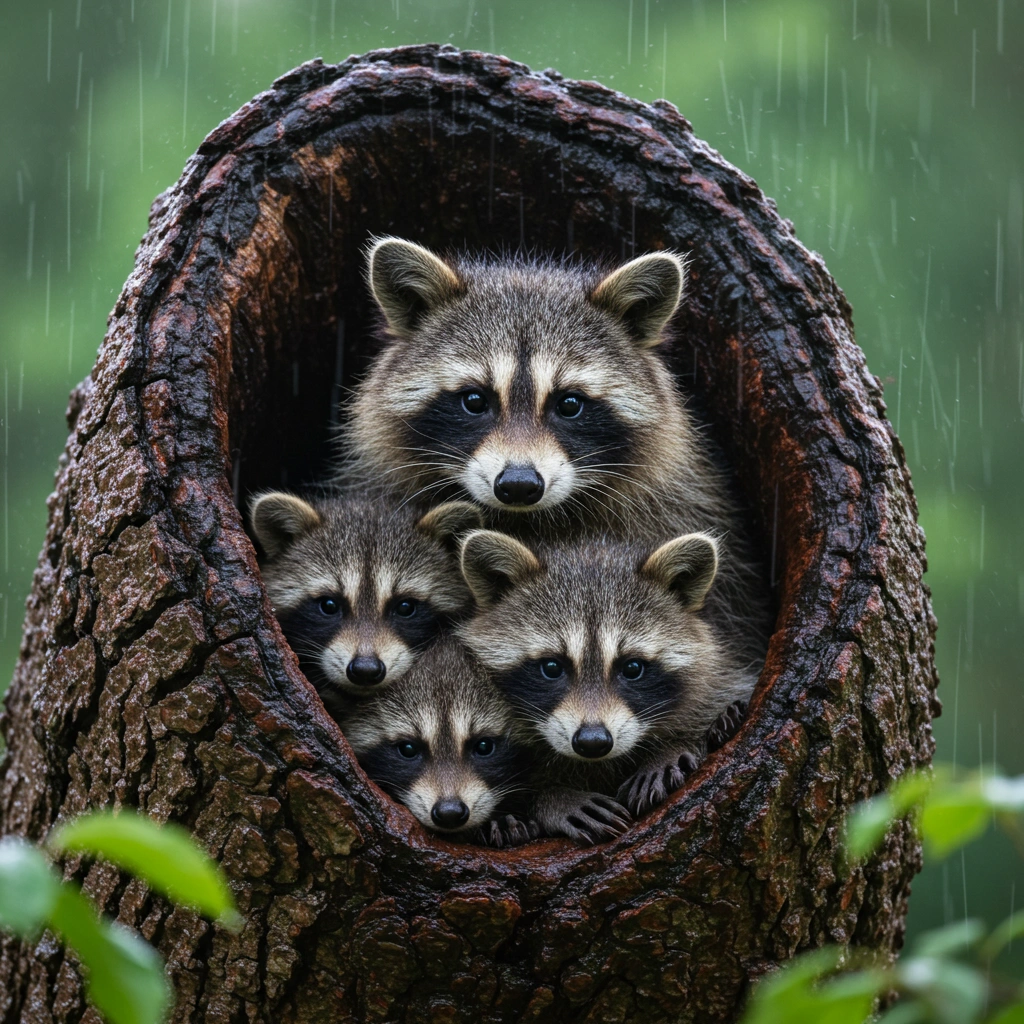
8. Aggressive or Destructive Behavior
Raccoons are wild by nature, and even a domesticated one may exhibit aggressive tendencies, especially when frightened or frustrated. They can also become destructive, using their sharp claws and strong teeth to dig, chew, or dismantle objects in the home. Even with training, some raccoons retain unpredictable behaviors that can pose a risk to other pets, children, or even adults. This aggression can be challenging to manage, particularly for inexperienced owners.
9. Health Risks to Humans
Raccoons carry the risk of zoonotic diseases—diseases that can be transmitted from animals to humans. Rabies, roundworms, and leptospirosis are just a few potential threats. Although these diseases can be prevented or managed, they require vigilance and precaution. Regular veterinary check-ups, vaccinations, and good hygiene practices are essential to minimize the risk of disease transmission,
10. Limited Veterinary Support
Finding veterinary care for exotic pets like raccoons can be challenging. Not all veterinarians are equipped or trained to handle raccoons, which means owners may have to travel significant distances or pay higher fees for specialized care. Emergencies can be particularly stressful, as not every veterinary clinic will accept a raccoon, especially without prior arrangements. This limited availability of care can be a major drawback for potential pet owners.
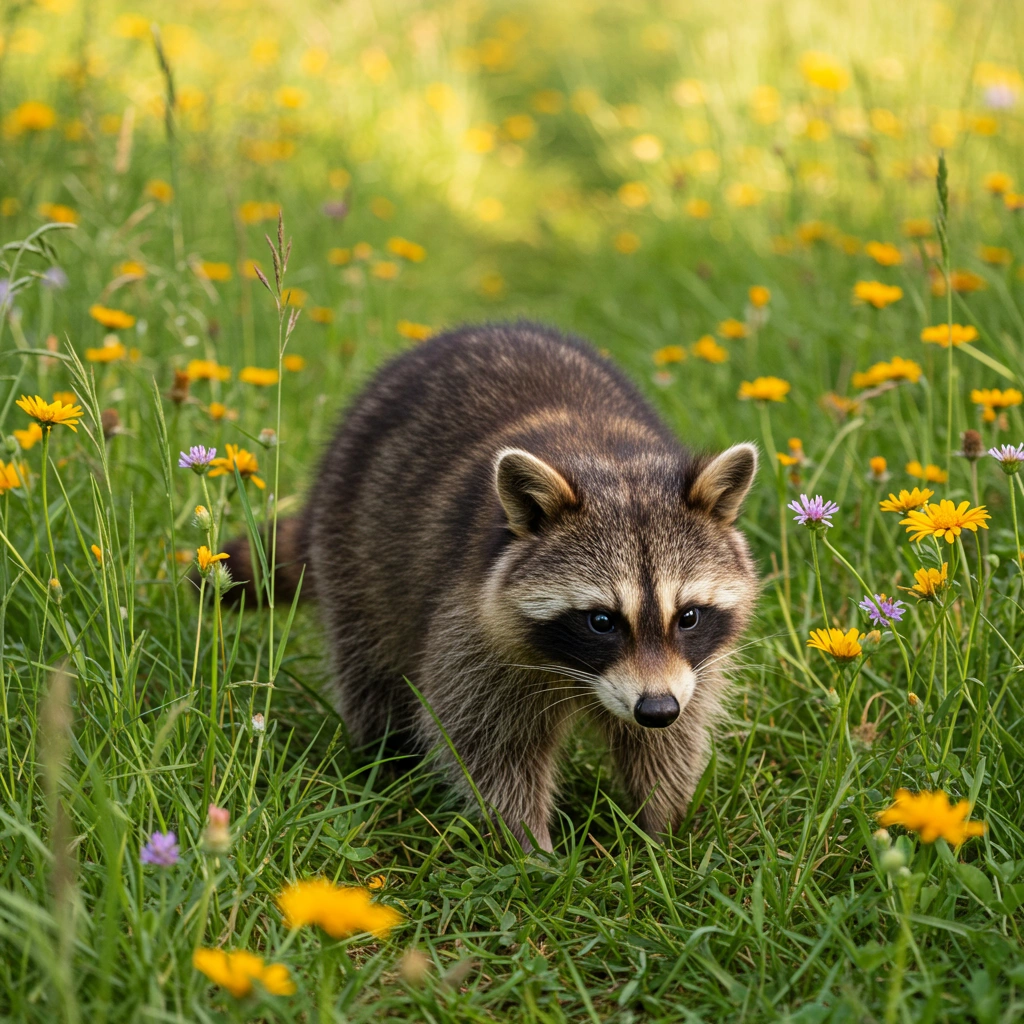
Care Basics: What to Consider Before Owning
11. Dietary Needs and Nutrition
Raccoons are omnivores, and their diet requires a careful balance of proteins, fats, and carbohydrates. Owners must provide a variety of foods, including lean meats, vegetables, fruits, and occasionally specially formulated raccoon food. Ensuring a balanced diet is essential, as poor nutrition can lead to obesity, diabetes, or other health complications. Meeting these dietary needs can be time-consuming and often requires ongoing education.
12. Housing and Enrichment Needs
Raccoons need plenty of space, both indoors and outdoors, to thrive. They enjoy climbing, exploring, and even digging, making a secure outdoor enclosure ideal. Inside the home, raccoons require a safe area with toys, obstacles, and other enrichment activities to keep them occupied. Without enough stimulation, raccoons can become bored and destructive, which underscores the need for dedicated housing arrangements tailored to their needs.
13. Financial Costs of Ownership
Owning a racco can be expensive. Beyond initial adoption fees, owners must budget for food, vet visits, enclosures, toys, and possible permit costs. Health care for raccoons tends to be more costly than for common pets, given the exotic nature of their needs. A potential owner should be prepared for long-term expenses to ensure a raccoon’s health and well-being.
Final Verdict: Should You Get racco as a Pet?
After weighing the pros and cons, potential owners should carefully consider whether they are equipped to handle the unique demands of raccoon ownership. Racco can bring joy and fascination into a household but also present challenges that many people are not prepared for. Those willing to invest the time, money, and energy may find racco ownership rewarding, but it’s crucial to acknowledge the responsibility involved.
Conclusion
Raccoons are undeniably intriguing animals, and their intelligence, playfulness, and unique bond with owners can make them fascinating pets. However, the cons of owning a racco—including legal issues, potential aggression, and extensive care needs—can outweigh the novelty for many people. Before committing to a racco as a pet, it’s essential to consider all aspects of their care, lifestyle, and requirements.
FAQs
Q: Are procyonids legal to keep as pets everywhere?
A: No, procyonid ownership is subject to local and state laws, and in many places, it is illegal without a permit.
Q: Can procyonids live indoors like cats or dogs?
A: Procyonids can live indoors, but they require specialized spaces and activities to stay mentally and physically healthy.
Q: How much does it cost to own a procyonid?
A: The costs can be significant, including expenses for housing, food, vet care, and permits.
Q: Do procyonids require vaccinations?
A: Yes, procyonids should be vaccinated against diseases like rabies and distemper to protect both the animal and humans.
Q: Can procyonids get along with other household pets?
A: It depends; some procyonids may be socialized to coexist, but they often retain unpredictable behaviour that can cause conflicts.





